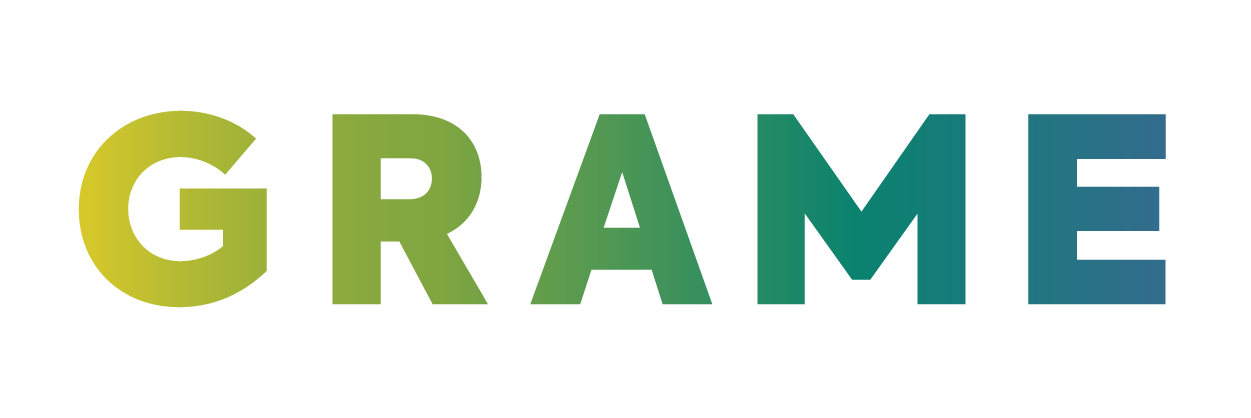Toronto is on the verge of making a very big step towards acknowledging, celebrating and supporting its 70,000-strong Indigenous population.
A city councillor, the chief of the Mississaugas of the New Credit First Nation (MNCFN), and the Canadian Council for Aboriginal Business (CCAB), have all agreed to work together, along with architects IBI Group and Deloitte (retained as MNCFN’s business manager), to create Canada’s first Indigenous business district.
Councillor Kristyn Wong-Tam has earmarked a city-owned piece of land, site of the former Hilton Garden Inn at the northeast corner of Dundas and Jarvis, for a proposed 14,000 square foot building that will form the centre of the new district.
“Because of the rich history of Dundas Street being part of the Indigenous trade route, there’s obviously quite a bit that’s already there,” Wong-Tam says, referring to Toronto’s densest area of Indigenous population, as well as the several social and community services that already exist in the neighbourhood.
But what she and Chief Stacey Laforme envision is something beyond these most basic levels of services and urban street presence.
“There have been a lot of challenges when it comes to the Indigenous relationship to this country,” says J.P. Gladu, president of the CCAB. “There’s still quite a bit of racism, and we need the ability to bring together Indigenous people, a safe place to learn together and grow together is really important.” Gladu says that once more Canadians start to realize the importance of Indigenous business – he says there are 40,000 of them, contributing about $12 billion to the economy annually – there is a greater chance that Indigenous and non-Indigenous people can co-operate economically as equals.
A keystone of that will be a proposed business incubator as part of the business district.
The CCAB already has what it calls TFAB – Tools and financing for Aboriginal business – which include a set of guidelines for Aboriginal and non-Aboriginal entrepreneurs and partners about meeting the challenges specific to Indigenous start-ups. The chief one, he says, is a common lack of assets enforced by the Indian Act, which does not allow Indigenous people living on reservations to own land or their own houses, the very things that form the basis of so many enterprise-starting loans for non-Indigenous entrepreneurs. TFAB will form part of the bedrock of the proposed incubator.
But more important still, Gladu says, is the role the Indigenous business district will play in fostering the formation of partnerships between Indigenous and non-Indigenous business people.
The major stumbling block, Gladu says, to this sort of financial co-operation has been acknowledging and addressing the lack of trust that has built up over centuries, engendered by broken treaties, residential schools and such ambivalent legislation as the Indian Act.
“When you go into a community, you have to be going in without an agenda,” Gladu says. “Building relationships, spending time. Treat it like you treat your marriage. You don’t meet the girl or boy of your dreams and jump right in. You’ve got to learn about each other’s value. People underestimate the amount of time it takes to build those meaningful relationships before you can go and do business together.”
Gladu says the very existence of the business district, it’s street presence and role as a hub for Indigenous business in the nation’s commercial capital, will go a long way towards addressing these issues.
Councillor Wong-Tam, who says Mayor John Tory is fully behind the project (though the property is still not officially committed), figures initial architectural drawings should be available by the end of the year, and the project should be complete within five years.
Infolettre
Envoyée tous les jeudis.
Inscrivez-vous.
Suivez l’actualité de l’économie positive et engagée.
Emplois
Trouvez l'emploi idéal.
Événements
Nos prochaines activités.


